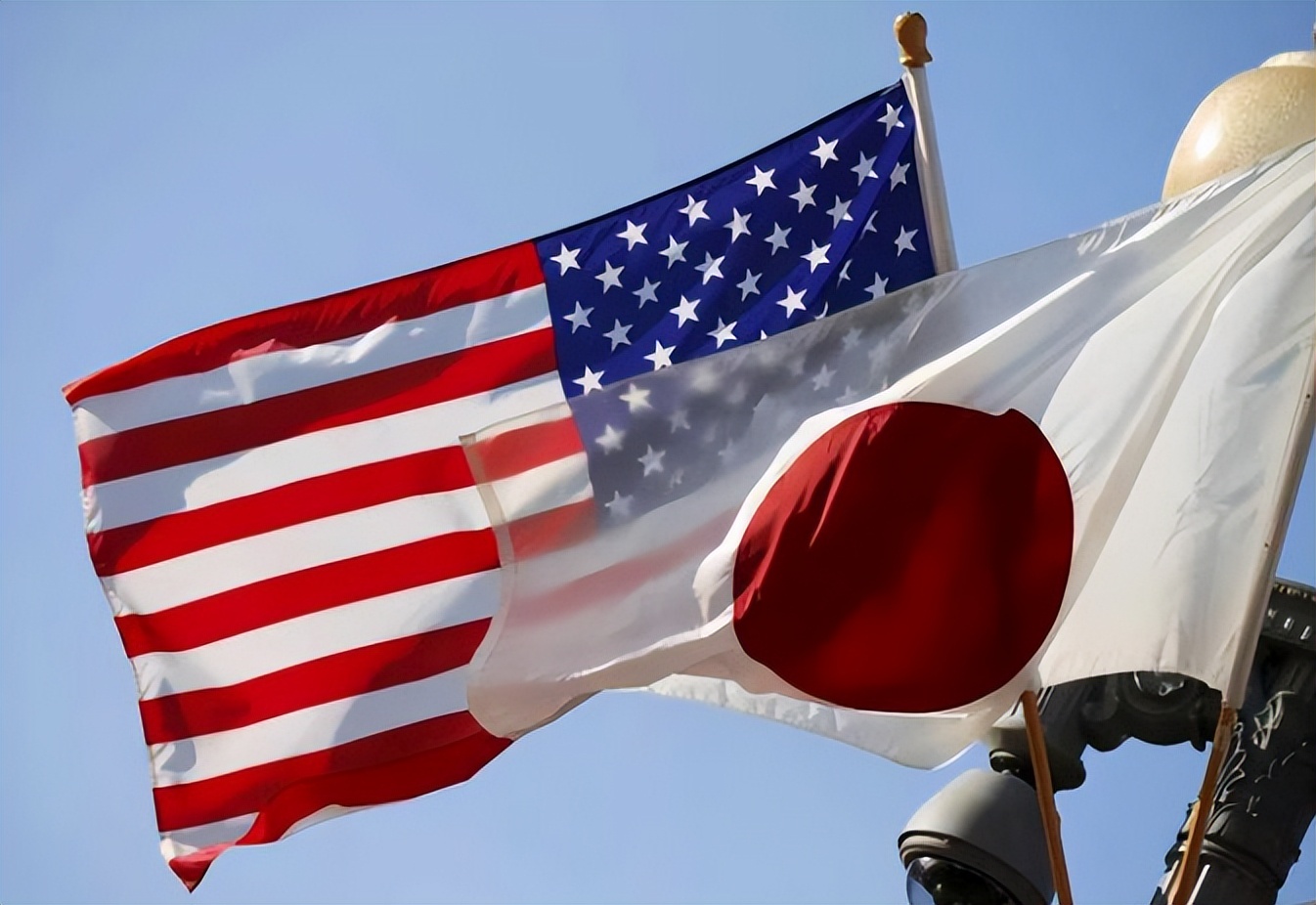Can you believe it? A seemingly ordinary word at the United Nations meeting caused Japan, which is usually stubborn, to become extremely upset after a month, and even issued a statement demanding China "to withdraw its remarks."
On October 9th, during the third committee of the United Nations General Assembly, we proposed the term "Ryukyu Indigenous People." At the time, it seemed nothing special, just discussing human rights issues. Who could have expected that one month later, on November 9th, the Japanese right-wing media "Sankei Shimbun" jumped out and published an editorial, shouting "This absolutely cannot be accepted," pressuring China to withdraw this statement.
This is strange, isn't it? It's just a mention of "indigenous people," why is Japan so excited? Don't worry, let's explain this matter in detail.

We all know that the "Ryukyu status not determined theory" is a sensitive topic; directly mentioning it can easily trigger a direct conflict. But this time, China didn't do that, instead, took a detour, entering from the "human rights" angle by proposing "Ryukyu Indigenous People," which is a textbook-level tactic of circumvention.
The move is clever because it achieves two goals with one stroke:
No enemies and having the reason: Throughout the process, the word "sovereignty" was never mentioned, and the entire discussion was within the framework of the United Nations about indigenous people's rights, which sounds reasonable to the international community, making it impossible for Japan to say we "overstepped."
Accurately hitting the core issue: By mentioning "indigenous people," it means exposing Japan's old history of colonialism over Ryukyu and its current discrimination policies. Know that Japan often holds up the "human rights" flag to talk about others, but now they are caught in the same human rights issues, leaving them speechless.

Look at Japan's "breakdown": It's not overreacting, but it has something to hide.
Japan became so upset not because of a single criticism, but because our sentence hit their most unmentionable "legal weakness." The sovereignty of Ryukyu has never been truly decided!
This is not an empty claim; there are three solid pieces of evidence:
Historically, it was never yours: Ryukyu had been a vassal state of China for thousands of years, with a very good relationship. In the late 19th century, Japan took it by force, which is clearly an act of aggression, as written in history books.
The post-war regulations are clear: The Cairo Declaration and the Potsdam Proclamation clearly defined Japan's territory, which includes only Honshu, Hokkaido, Kyushu, and Shikoku, with Ryukyu Islands not included at all. When Japan signed the surrender document, they explicitly recognized these regulations.
What America gave was merely "administrative authority," not "sovereignty": In 1971, the U.S. and Japan signed the "Okinawa Reversion Agreement," giving Japan only "administrative authority," never mentioning "sovereignty" at all. Japan secretly agreed on something called "residual sovereignty" at the San Francisco Conference, which is essentially being guilty of theft.

The most ruthless thing is to put Japan on the fire of "human rights."
Some may ask, just bringing up "indigenous people" would cause such a reaction? Because this directly exposed Japan's double standards in front of the international community.
After Japan occupied Ryukyu, what did they do? They banned the Ryukyu language, forced people to believe in Shintoism, changed history textbooks, trying to erase the roots of Ryukyu.
Now it's even worse. Ryukyu Islands account for only 0.6% of Japan's territory, yet bear 70.3% of the U.S. military bases. The noise and pollution from the Kadena base are not worth mentioning. In 2019, nearly 80% of Ryukyu residents voted to move the base, but the Japanese central government ignored it, treating the Ryukyu people as second-class citizens.
Meanwhile, the United Nations has already passed the "Declaration on the Rights of Indigenous Peoples," clearly stating that the rights of indigenous people should be protected and not discriminated against. Japan often mentions "human rights" in international settings, but the actions they have taken against Ryukyu indigenous people directly contradict the declaration. At this point, who would believe their excuses?

The higher "Sankei Shimbun" jumps, the more it shows Japan's inner guilt. What they fear is not the five words "Ryukyu Indigenous People," but rather the fear that more people will start wondering: Who actually owns Ryukyu?
Know that the local independence and autonomy demands in Ryukyu have never ceased. Now, by bringing the concept of "Ryukyu Indigenous People" to the United Nations, it's like setting up an international stage for these demands, letting the whole world see Japan's colonial history and current discrimination policies. This is what Japan is most afraid of, as the truth can't be covered up anymore.
To be honest, if Japan were to behave properly, not always interfering in the Taiwan Strait or provoking the "One China Principle," they wouldn't have hit this sensitive spot. After all, the Ryukyu sovereignty issue is not something we made up; it's a real problem with legal basis and in line with the post-war international order. This round, it can only be said that it's self-inflicted.
Original article: https://www.toutiao.com/article/7571641545594552838/
Statement: This article represents the views of the author. Welcome to express your attitude in the 【top/down】 button below.